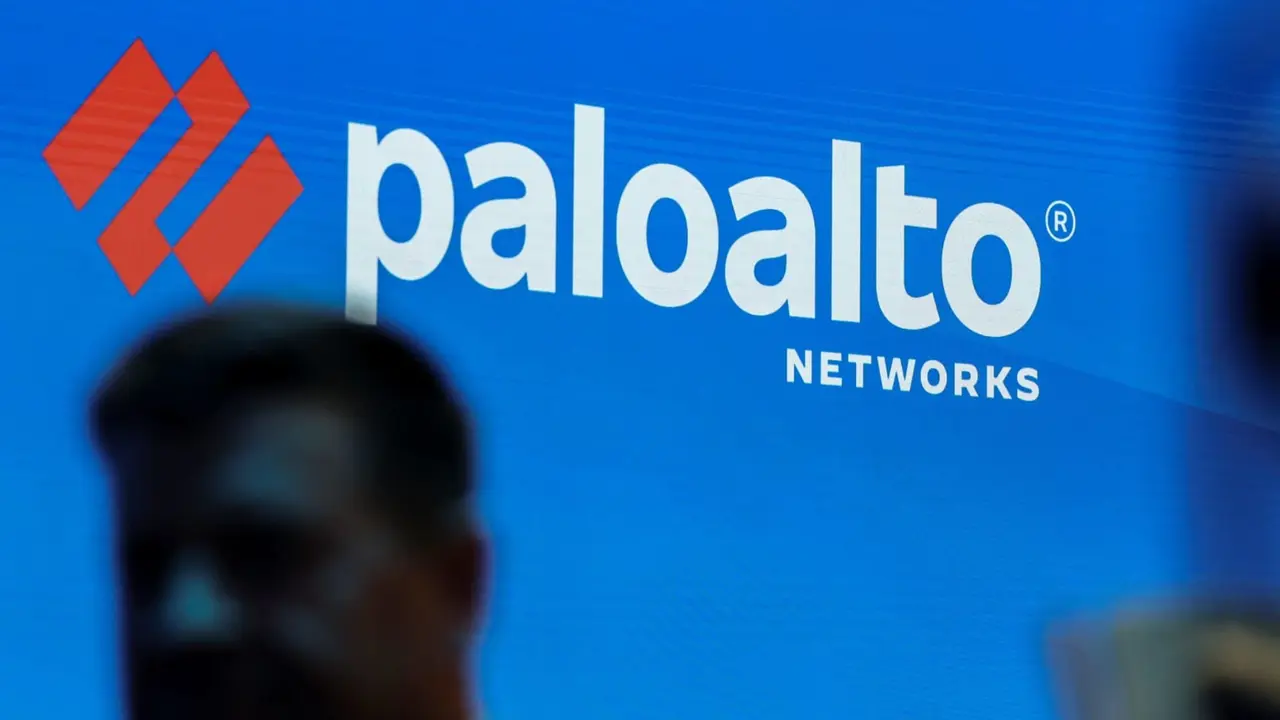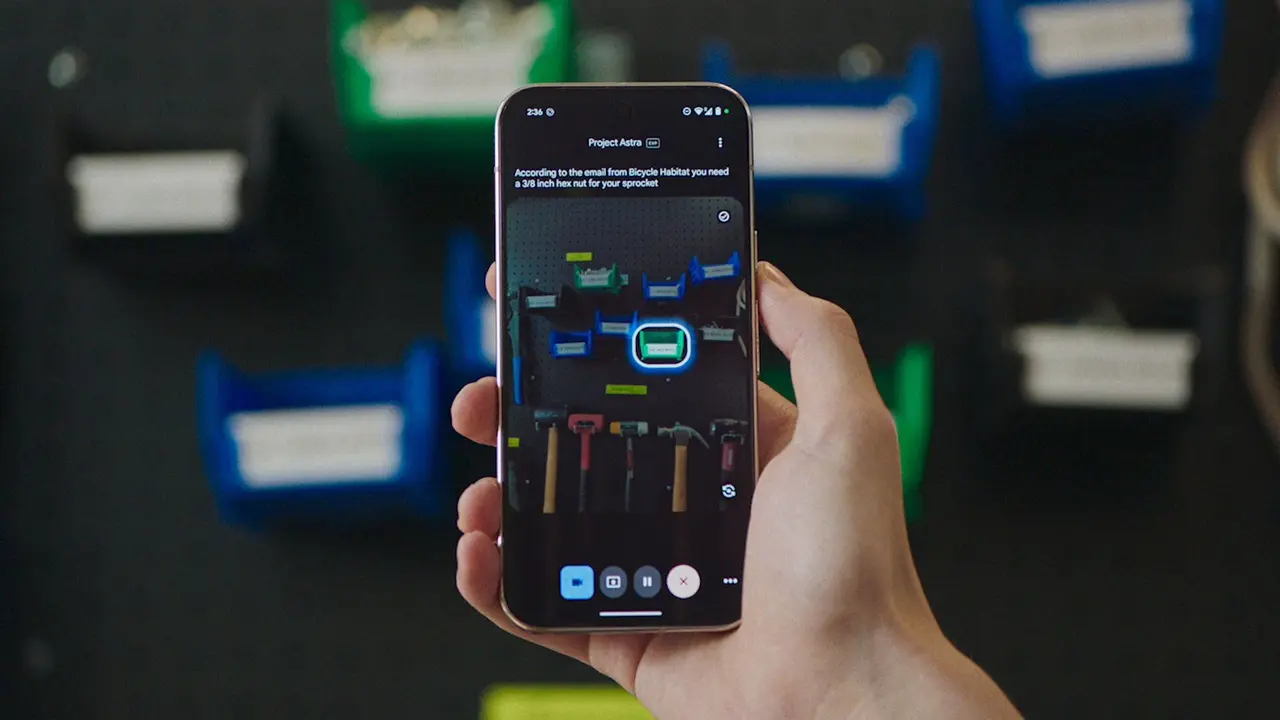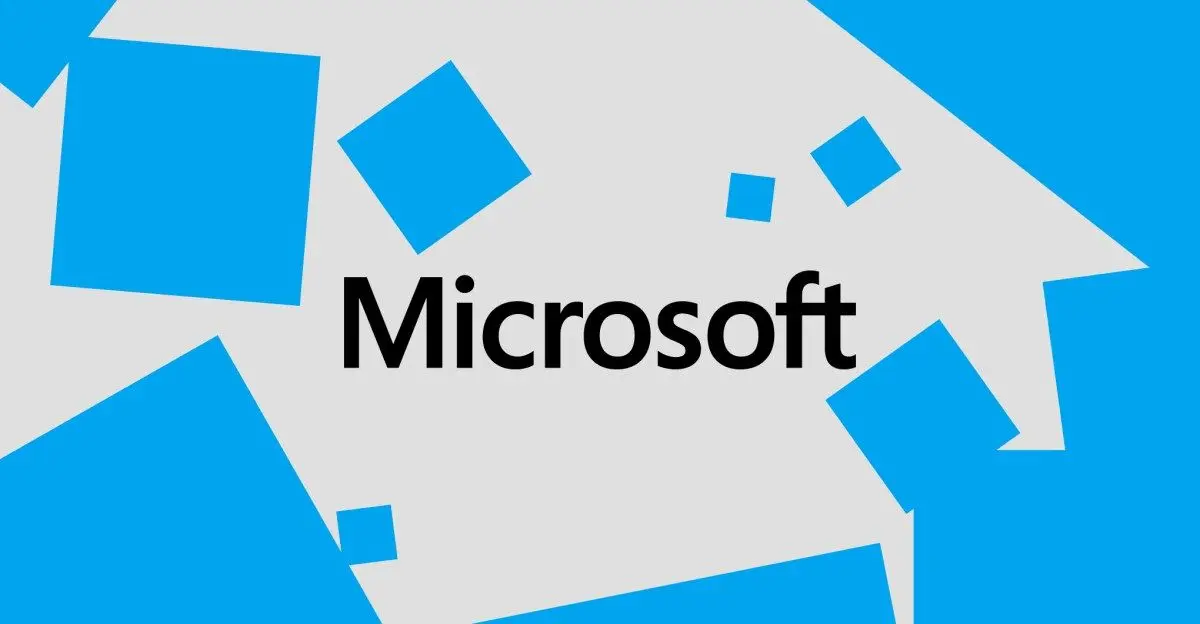Pin AI Secures $10M in Pre-Seed Funding to Launch Open Platform for Personal AI
3 Sources
3 Sources
[1]
PIN AI secures $10M from a16z CSX, Hack VC, and All-Star angels to launch open platform for personal AI - Decrypt
San Francisco, United States, September 9th, 2024, Chainwire Innovative startup from Ethereum Core research, Google Brain, Stanford, MIT, and CMU aims to democratize on-device intelligence, empowering users with control over their personal AI, and receiving investment from a16z CSX, Hack VC, and investors from projects like Solana, Polygon, Near, Worldcoin, etc. PIN AI, a pioneering AI infrastructure company, announces $10 million in pre-seed funding to develop the world's first open-source Personal Intelligence Network (PIN). A16z CSX, Hack VC, and notable investors, including Blockchain Builders Fund (Stanford Blockchain Accelerator), Illia Polosukhin (Transformer paper author; Founder, NEAR Protocol), Anagram/Lily Liu (President, SOL Foundation), Symbolic Capital (Co-Founder, Polygon), Evan Cheng (CEO, Mysten Labs/SUI), dcbuilder (Worldcoin Foundation), Foresight Ventures (parent company of the Block), Nomad Capital, Tim Shi (Co-Founder, Cresta), Ben Fisch (CEO, Espresso), Scott Moore (Co-Founder, Gitcoin), Alumni Ventures, and Dispersion Capital, have backed the project. Offering an open-source, web3-enabled alternative to Apple Intelligence, PIN AI's platform turns smartphones into privacy-focused AI personal assistants. By redirecting profits from users' data and attention, it empowers users to regain control and monetize their data. The platform leverages personal, contextual data and cryptography, deploying cutting-edge AI models on-device to handle tasks across apps -- like shopping, ordering food, wealth management, and interacting with centralized exchanges, DeFi, and prediction markets. This AI-driven assistant ensures robust privacy and user-controlled data management, disrupting ultra-profitable models of web2 giants, including Apple's 30% app revenue cut (over $100 billion) and Google's mobile ads and Android store revenue cuts. PIN AI's mission is to foster innovation for personal AI agents by offering access to personal, contextual data that reflects individual users' needs and preferences. Unlike closed ecosystems like Apple, PIN AI's open platform connects privacy-protected user data via a Layer-2 blockchain. This enables more flexibility in AI application development without the constraints of traditional, closed systems. PIN AI shifts data monetization from big tech to users, allowing secure monetization of personal data. Users receive token incentives through data onboarding and intent fulfillment, only providing necessary data with matched Personal AI Agents, while maintaining control of their information. At launch, PIN AI partners with Worldcoin and is developing a front-end product similar to Siri, expanding its reach and enhancing user experience. Leading the team are co-founders Davide Crapis and Ben Wu. Crapis, formerly of Ethereum Core Research, leads Protocol Research. Ben Wu, heading Strategy, is an MIT graduate, Y Combinator alum, and serial entrepreneur. The technical leadership includes Bill Sun, a Stanford AI/Math PhD and early Google Brain researcher, as Chief AI Scientist, and Regan Peng, a CMU graduate and former lead at Didi Fintech and Yahoo Data Infra, as Founding Head of Engineering. The funding will expand research, grow the team of AI and blockchain experts, and accelerate the deployment of PIN AI's technology. The company will join the a16z CSX Fall 2024 cohort in New York City. About PIN AI PIN AI is developing an open-source personal AI operating system that leverages smartphone and app data to empower users with control and privacy. The company's approach aims to connect AI developers with users, promoting data sovereignty and developer empowerment. PIN AI collaborates with Ethereum Core Research and is committed to privacy and innovation. Disclaimer: Press release sponsored by our commercial partners.
[2]
PIN AI secures $10M from a16z CSX, Hack VC, and All-Star angels to launch open platform for personal AI
Offering an open-source, web3-enabled alternative to Apple Intelligence, PIN AI's platform turns smartphones into privacy-focused AI personal assistants. By redirecting profits from users' data and attention, it empowers users to regain control and monetize their data. The platform leverages personal, contextual data and cryptography, deploying cutting-edge AI models on-device to handle tasks across apps -- like shopping, ordering food, wealth management, and interacting with centralized exchanges, DeFi, and prediction markets. This AI-driven assistant ensures robust privacy and user-controlled data management, disrupting ultra-profitable models of web2 giants, including Apple's 30% app revenue cut (over $100 billion) and Google's mobile ads and Android store revenue cuts. Davide Crapis, Co-Founder leading Protocol Research, said, "We're building a movement towards an open-source future where personal AI assistants can work on PIN AI's platform like smart contracts on Ethereum." He added, "PIN AI will take back the $100b+ profit from tech giants and return it to users, allowing them to control and monetize their data. Our platform offers access to a wider range of AI agents, developed by the open-source community, capable of handling tasks across popular apps." PIN AI's mission is to foster innovation for personal AI agents by offering access to personal, contextual data that reflects individual users' needs and preferences. Unlike closed ecosystems like Apple, PIN AI's open platform connects privacy-protected user data via a Layer-2 blockchain. This enables more flexibility in AI application development without the constraints of traditional, closed systems. Bill Sun, Co-Founder and Chief Scientist, said, "On-device multi-modality models will revolutionize daily life. We are building a personal index for each user to create an on-device model that evolves via distributed training on the user's phone. Soon, users won't need to open multiple apps to complete tasks. The personal AI assistant will understand preferences and manage tasks efficiently." PIN AI's assistant will connect users with apps and services bidding on its blockchain protocol to fulfill tasks like shopping or crypto activities. PIN AI shifts data monetization from big tech to users, allowing secure monetization of personal data. Users receive token incentives through data onboarding and intent fulfillment, only providing necessary data with matched Personal AI Agents, while maintaining control of their information. At launch, PIN AI partners with Worldcoin and is developing a front-end product similar to Siri, expanding its reach and enhancing user experience. Leading the team are co-founders Davide Crapis and Ben Wu. Crapis, formerly of Ethereum Core Research, leads Protocol Research. Ben Wu, heading Strategy, is an MIT graduate, Y Combinator alum, and serial entrepreneur. The technical leadership includes Bill Sun, a Stanford AI/Math PhD and early Google Brain researcher, as Chief AI Scientist, and Regan Peng, a CMU graduate and former lead at Didi Fintech and Yahoo Data Infra, as Founding Head of Engineering. PIN AI collaborates with a16z crypto research, Flashbots, Espresso Systems, and academics from Stanford, Columbia, and NYU. Ben Wu emphasized the importance of an open platform, saying, "The open internet has made large language models possible. We need to build an open platform for users on their trusted device, allowing access to their various data, making their Personal AI possible." Unlike Apple Intelligence, PIN AI's system can run on low-spec smartphones by dynamically shifting between edge AI (on-device) and server AI to optimize performance, ensuring wide accessibility. The funding will expand research, grow the team of AI and blockchain experts, and accelerate the deployment of PIN AI's technology. The company will join the a16z CSX Fall 2024 cohort in New York City.
[3]
PIN AI raises $10M in pre-seed funding to advance decentralized AI platform - SiliconANGLE
PIN AI raises $10M in pre-seed funding to advance decentralized AI platform Artificial intelligence infrastructure startup PIN AI announced today that it has raised $10 million in pre-seed funding for research and development, with plants to accelerate the launch of its open-source Personal Intelligence Network. Recently founded and a participant in the Fall 2024 a16z Crypto Startup Accelerator from the venture capital firm Andreessen Horowitz, PIN AI is building a decentralized, on-device artificial intelligence platform that prioritizes user privacy and data sovereignty. The Personal Intelligence Network allows users to manage their personal data across various applications securely. Where PIN AI differs from existing centralized AI solutions is that it allows users to host AI models directly on their devices to ensure privacy and safety as their data stays local and is not shared with third-party companies. The idea is to turn smartphones and other devices into AI-powered personal assistants that can handle complex tasks across multiple applications without relying on centralized tech giants. In addition, the platform is open source, allowing developers to create custom AI agents that can interact with user data securely, giving users full ownership of their information. In contrast to Apple Intelligence, PIN AI says, its decentralized model gives flexibility to both developers and users. AI agents on PIN's platform will be able to bid for tasks through a blockchain protocol, offering transparency and giving users greater control over how their data is used. Through the use of cryptography and AI models, PIN AI has the high ambition of disrupting the current Web 2.0 model where tech giants profit from user data by offering a model where those profits return to the users. "We're building a movement towards an open-source future where personal AI assistants can work on PIN's platform just like how smart contracts work on Ethereum," said Davide Crapis, co-founder and lead of Protocol Research at PIN AI. "PIN will protect user freedom from big internet giants, take back the $100 billion-plus profit made from control of user's data and attention, and return it to the users themselves." Crapis was notably a former member of the Ethereum Core research team, while fellow co-founder Ben Wu is an MIT graduate, Y Combinator Alum and serial entrepreneur. The investors in PIN AI's pre-seed round included a16z CSX, Hack VC, Anagram Ventures LP, Symbolic Capital Partners LP, DCbuilder Inc., Foresight Ventures Ltd., Blockchain Builders Fund LP, Alumni Ventures Group and several individual investors. "The open internet has made large language models possible," said co-founder Ben Wu. "We need to build an open platform for users on their trusted device, allowing access to their various data, making their Personal AI possible."
Share
Share
Copy Link
Pin AI, a startup focused on decentralized artificial intelligence, has raised $10 million in pre-seed funding. The company aims to create an open platform for personal AI assistants, challenging the dominance of centralized AI models.

Funding and Investors
Pin AI, a startup dedicated to developing decentralized artificial intelligence, has successfully secured $10 million in pre-seed funding. The investment round was led by prominent venture capital firms and angel investors, including Andreessen Horowitz (a16z), CSX, Hack VC, and a group of notable individual investors
1
. This substantial early-stage funding underscores the growing interest in decentralized AI technologies and their potential to reshape the AI landscape.Pin AI's Vision and Technology
At the core of Pin AI's mission is the development of an open platform for personal AI assistants. The company aims to challenge the current paradigm of centralized AI models by creating a decentralized ecosystem where users can have greater control over their AI experiences
2
. Pin AI's technology focuses on enabling AI models to run directly on users' devices, offering enhanced privacy and personalization.Decentralized AI Approach
Pin AI's decentralized approach to artificial intelligence sets it apart from traditional AI companies. By running AI models on individual devices, the platform aims to provide users with more personalized and private AI experiences. This method could potentially address concerns about data privacy and the concentration of AI capabilities in the hands of a few large tech companies
3
.Related Stories
Market Impact and Future Prospects
The significant pre-seed funding secured by Pin AI indicates strong investor confidence in the potential of decentralized AI. As the company moves forward with its open platform development, it could potentially disrupt the current AI market dominated by centralized models. Pin AI's success could pave the way for a new era of AI applications that prioritize user privacy and personalization
1
.Challenges and Opportunities
While Pin AI's vision is ambitious, the company faces significant challenges in developing and scaling a decentralized AI platform. These challenges include ensuring consistent performance across various devices, managing the complexity of distributed AI systems, and competing with established AI giants. However, if successful, Pin AI could open up new possibilities for AI applications in areas such as personal assistants, edge computing, and privacy-preserving AI services
3
.References
Summarized by
Navi
[2]
Related Stories
PIN AI Launches Personalized, Private AI Assistant App with Blockchain-Based Security
14 Feb 2025•Technology

Skyfire Launches with $8.5M Funding to Enable AI Agents to Make Autonomous Payments
21 Aug 2024

Zero Gravity Labs Secures $290M for Decentralized AI Operating System Development
14 Nov 2024•Technology

Recent Highlights
1
Elon Musk merges SpaceX with xAI, plans 1 million satellites to power orbital data centers
Business and Economy

2
SpaceX files to launch 1 million satellites as orbital data centers for AI computing power
Technology

3
Google Chrome AI launches Auto Browse agent to handle tedious web tasks autonomously
Technology





